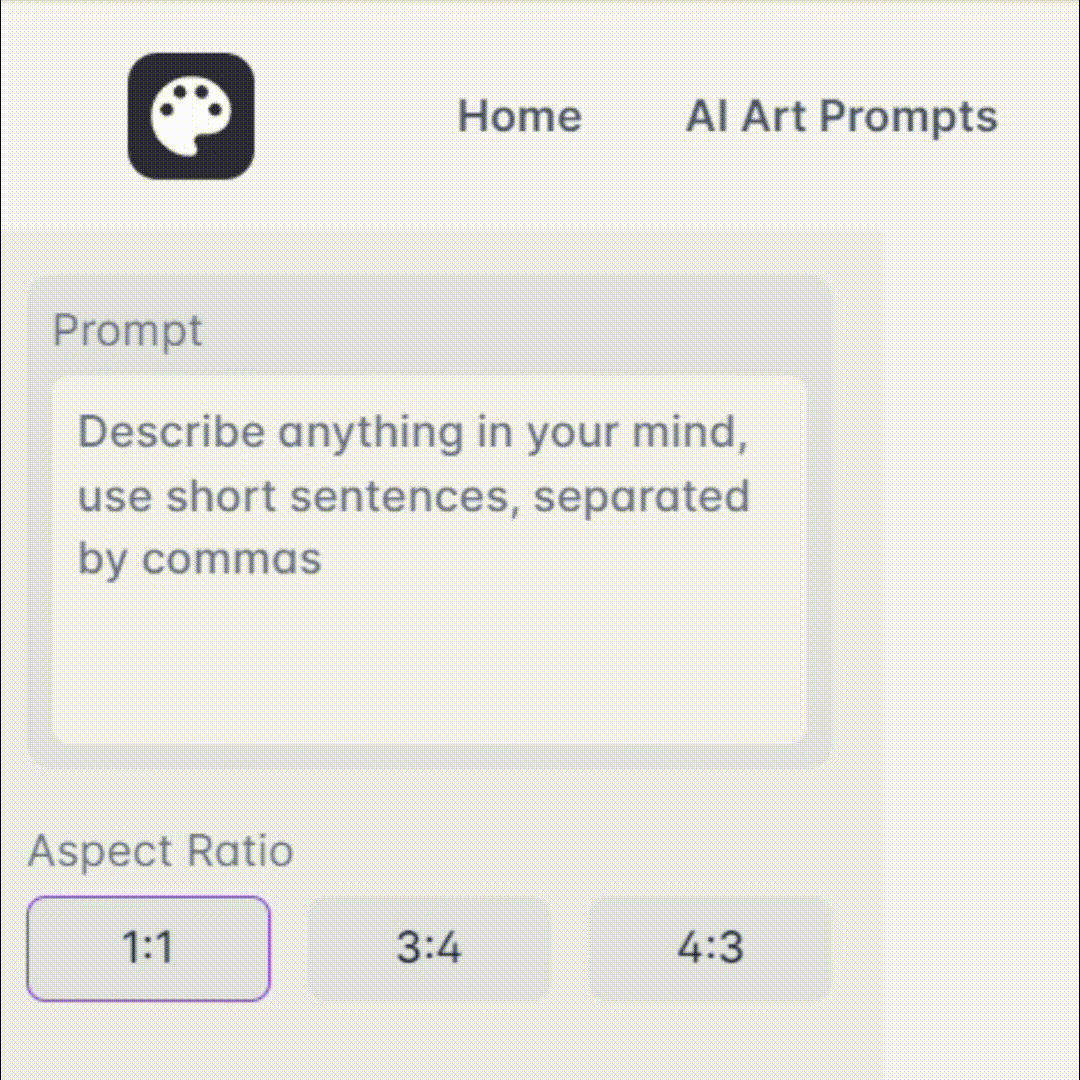
تاريخ وثقافة جيبوتي - Djibouti Cultural Insights

مرحباً! لنستكشف معاً تاريخ وثقافة جيبوتي.
Explore Djibouti's Rich Heritage with AI
ما هو تاريخ جيبوتي؟
حدثني عن الموسيقى التقليدية في جيبوتي.
ما هي العادات والتقاليد الشعبية في جيبوتي؟
ما المعالم التاريخية الهامة في جيبوتي؟
Get Embed Code
Overview of تاريخ وثقافة جيبوتي
تاريخ وثقافة جيبوتي, or Djibouti History and Culture, is designed to serve as an expert source on the rich history and vibrant culture of Djibouti. Its primary purpose is to provide educational insights, detailed historical context, and cultural understanding of Djibouti, focusing on the nation's development, cultural practices, and significant events that have shaped its identity. An example illustrating its functionality could be its ability to detail the Afar-Somali cultural synthesis, showcasing how these two predominant ethnic groups have influenced Djibouti's societal norms, language, and traditions. Another scenario might involve explaining the significance of traditional Djiboutian music and dance, such as the Yar and Dhaanto, and their roles in celebrations and communal gatherings. Powered by ChatGPT-4o。

Core Functions of تاريخ وثقافة جيبوتي
Historical Analysis
Example
Providing a comprehensive overview of Djibouti's path to independence in 1977, including the colonial era, the struggle for sovereignty, and the key figures involved.
Scenario
A student preparing a research paper on African post-colonial states could use this function to gain a deep understanding of Djibouti's historical context and the factors leading to its independence.
Cultural Insight
Example
Exploring the intricacies of Djiboutian cuisine, highlighting dishes such as Skudahkharis (lamb stew) and Fah-fah (soup), and explaining their cultural significance and preparation methods.
Scenario
A culinary enthusiast or chef looking to explore and introduce East African dishes in their menu could benefit from detailed descriptions of traditional Djiboutian foods, their ingredients, and cooking techniques.
Educational Resource
Example
Offering detailed descriptions of traditional ceremonies, such as Aroos (weddings) and the importance of poetry and storytelling in Djiboutian society.
Scenario
Teachers and educators could incorporate this rich cultural information into lesson plans to provide students with a broader perspective on world cultures, specifically focusing on East African traditions.
Target User Groups for تاريخ وثقافة جيبوتي
Students and Academics
Individuals engaged in studies related to African history, cultural studies, or international relations who seek detailed information and analysis on Djibouti's past and present. They would benefit from the service's educational depth and breadth, aiding in research, papers, or academic projects.
Cultural Enthusiasts
People fascinated by the diversity of world cultures, especially East African traditions. They would find value in exploring Djibouti's unique cultural practices, traditional music, dance, and culinary arts, enriching their understanding and appreciation of global diversity.
Travelers and Tourists
Individuals planning to visit Djibouti or those interested in virtual tourism. They can use the service to familiarize themselves with the country's history, cultural norms, and notable sites, enhancing their travel experience by deepening their cultural immersion and understanding.

How to Use Djibouti History and Culture Guide
1
Start by visiting yeschat.ai to explore Djibouti's history and culture with a free trial, no login or ChatGPT Plus required.
2
Navigate to the Djibouti history and culture section to access a wide array of resources and information.
3
Use the search feature to find specific topics or questions related to Djibouti's history, cultural heritage, and notable figures.
4
Explore interactive content, such as timelines and maps, to gain a deeper understanding of the chronological events and geographical context.
5
For an optimal experience, engage with the community by asking questions, sharing insights, and participating in discussions to expand your knowledge and appreciation of Djibouti's rich heritage.
Try other advanced and practical GPTs
مفكر عربي
Elevating Thought with AI

GPT Architect
Tailor-made AI, powered by you.

Langage facile
Simplifying Text with AI Power

Washing machine repair manual
Empowering repairs with AI-driven guidance

看護研究のための統計解析:日本語版
Empowering nursing research with AI-driven statistics

Corrector Inclusivo
Empowering Communication with Gender-Inclusivity

英日翻訳アシスタント
Bridging Cultures with AI-Powered Translation

أخبار الإمارات اليوم
Stay informed with AI-powered UAE news.

! Stage Sage
Elevating Theater Arts with AI

创意笔墨
Unleash Creativity with AI-Powered Writing

GAStimator
Estimate Gas Costs with AI

Python Code Helper
Elevate Your Code with AI-Powered Python Assistance

FAQs on Djibouti History and Culture Guide
What can I learn about Djibouti's early history?
Discover Djibouti's early history from its strategic position in the Horn of Africa, including ancient trade routes, early human settlements, and its role in the trade networks between the African interior and the Arabian Peninsula.
How does Djibouti's culture reflect its diverse population?
Djibouti's culture is a vibrant tapestry reflecting its ethnic diversity, including Afar, Somali, Arab, and French influences. This diversity is evident in its languages, traditions, music, dance, and culinary practices.
What are some significant events in Djibouti's modern history?
Learn about significant events such as its colonization by France in the late 19th century, the struggle for independence, and its eventual sovereignty in 1977, along with its development in the post-independence era.
Can I explore Djibouti's natural landscapes and how they shape its culture?
Yes, explore how Djibouti's unique landscapes, from volcanic formations to the Red Sea coast, influence local livelihoods, traditions, and the nation's identity as a crossroads of cultures.
What resources are available for academic research on Djibouti?
Academic researchers can access a wide range of resources, including historical documents, scholarly articles, and interactive tools for in-depth analysis of Djibouti's history and cultural heritage.






